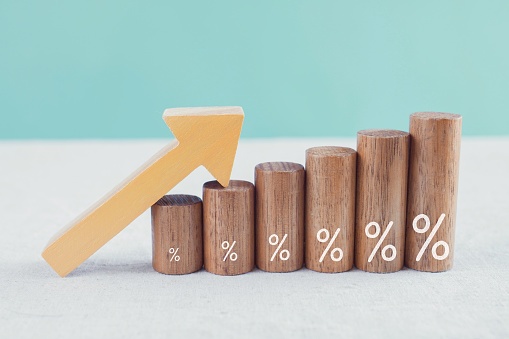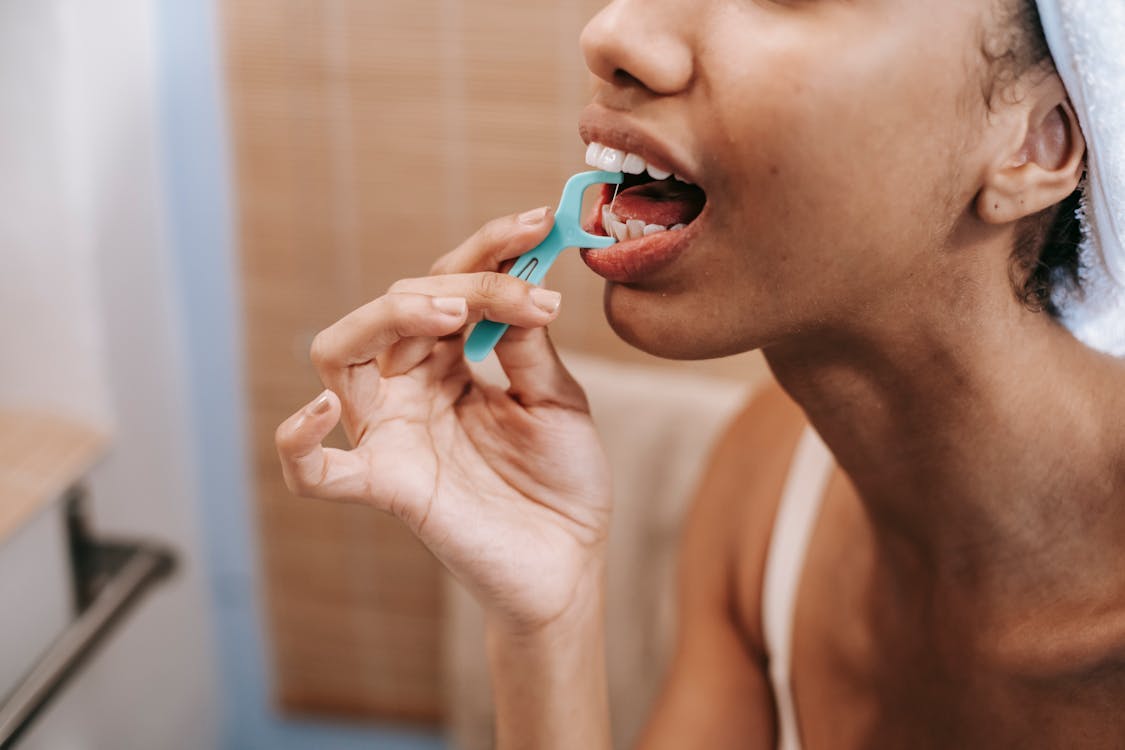Is Whiskey Brewed Or Distilled?
After a hard day at the office, there’s nothing better than relaxing with a glass of whiskey at home. It’s the way the whiskey tickles your taste buds as it glides over your lips and down your throat, warming you from the inside out. However, how does whiskey get made?

What Is Whiskey?
Whiskey is an alcoholic beverage that is distilled from fermented grains. There are many varieties of whiskey because of the various grains used in the distillation process. Wooden casks, either new or previously used for the aging of other alcoholic beverages, are another common method of aging whiskey.
Whisky is made with a limited number of components, but the production method, rather than the ingredients themselves, is emphasized. Nevertheless, to manufacture whisky, you will need the following ingredients.
Mash Grain:
The production of alcoholic beverages requires agricultural goods that will undergo the fermentation process. You have the option of using just one grain or combining several grains, such as rye, maize, barley, and wheat. The flavour and classification of the whisky are both dependent on the type of grain that was utilized. Rye whisky, for instance, has 51% rye, while Kentucky bourbon is comprised of corn and contains 51% rye.
Water:
The addition of water is necessary when adjusting the percentage of alcohol in whisky. After the distilling process, whisky producers frequently dilute their final product with water to attain the desired alcohol content.
Some producers go so far as to promote the water sources from which they draw their whisky, saying that water sources considerably contribute to the flavour of whisky. However, other experts contend that the type of water does not affect the flavour of the beverage, and that water is only required to adjust the quantity of alcohol.
Yeast:
Yeast is a bacterial culture that is required for the fermentation of grain carbohydrates into alcohol.
Optional Additions:
In today’s market, many whisky brands differentiate their goods by including a variety of optional additives. Spices, botanicals, colourants, and flavourings are all examples of these types of additives. They are frequently added during the maturing process or the distillation process to give the whisky its characteristic appearance or character.
Time:
I imagine that you are perplexed as to how durations can be considered an ingredient. You need to give your whisky some time to mature in wooden kegs or barrels before you can bottle it. The whisky develops its distinctive flavours and hues as a result of the aging process.
Whisky is matured for a minimum of two years in some nations, while the process can take as long as ten to twelve years in others. When whisky has been aged for a longer period, it becomes more refined and expensive.
Many parties wouldn’t be complete without shots of whisky. Many people all over the world consider it a favourite beverage. Whiskies, like other strong alcoholic beverages like vodka and gin, are commonly used as a cocktail ingredient and are generally considered more “fancy” than beer.
Whisky is well-known, and the beverage is often depicted in movies as a symbol of wealth and status. It’s not uncommon to see a drink of amber hue, served in a glass with two large ice cubes, in several Hollywood films.
And, I wouldn’t be surprised that some people, on a nice summer weekend, sit on the lawn with an iced shot of whiskey in hand and spend the day reading, flipping through a magazine, trying their luck at the casino, or watching television rather than going to the movies.
Is Whiskey Brewed Or Distilled?
Does whiskey undergo the same brewing process as beer? Whiskey, unlike beer, is distilled. Brewing refers to the process of making alcoholic beverages like beer, ale, stout, etc., by steeping, boiling, and fermenting the ingredients. Instead of being brewed, whiskey goes through the distillation process.
Alcoholic spirits are produced by distilling a mash of fermented grains (a porridge-like substance). Depending on the recipe, whiskey can be made with a wide variety of grains, some of which may have been malted. Barley, corn, rye, wheat, and oats are all examples of such cereals. Distillation consists of the steps listed and described below.
1. Malting
Whisky is made from malted barley, which requires additional processing to extract its natural sugars, but all whisky begins with raw grain. Malting is the process of converting the starches in barley into sugars by exposing the grain to water and allowing it to germinate partially. Inhibiting germination by heating the barley is a common practice.
2. Mashing
During this procedure, malted barley is combined with cooked wheat and hot water. The starch in the grain will be broken down into sugars by the enzyme amylase. For several hours, you’ll mash the ingredients together until you have a thick, sugary liquid.
3. Fermentation
Alcohol production starts with the fermentation process. When yeast is introduced to the mash/wort, it feeds on the sugars in the mixture and converts them into alcohol. There are huge vats used for this process; they are called washbacks.
The duration of the process ranges from 48 to 96 hours, with a wide variety of flavours being produced by using various yeast strains and fermentation times. Before entering the still, the resulting beer-like liquid, known as distiller’s beer or wash, has an alcohol content of between 7% and 10%.
4. Distillation
When making whisky, distillation is one of the most important steps. Distillation increases the alcohol content of the fermented fluid by converting it to a vapour phase and then back into a fluid. A “still” is used for the process of distillation.
A traditional copper pot still is what you’ll want if you’re making scotch whisky. In contrast, contemporary distilleries use continuous stills and cylinder-shaped columns outfitted with perforated plates. What makes them tick?
The beer continued to pour from the top of the continuous still while steam is fed into it from below. Dripping through the plates, the beer turns into liquid alcohol as it is distilled.
Due to the production of undesirable low wine, the very first distillation process is insufficient. If you want a higher alcohol content in the final product, the distilled fluid will go through this process multiple times.
The percentages of alcohol, water, and congeners in distilled whisky are all dependent on distillation temperature. A 95% proof whisky has no flavour because it lacks the congeners that give other whiskies their distinctive flavours.
Because too many congeners can ruin the flavour of whisky, distillers must strike the right balance. But how do you purge your product of congeners?
To get rid of any unwanted congeners, most distilleries boil the whiskey. If they are light and afloat, you can also pour them off.
Some high-end wines, such as Tennessee whiskey, go through a charcoal filter. The congeners in the whiskey can be filtered out by using charcoal, which should have been made by burning sugar maples.
5. Maturation
Whiskies typically spend time in oak barrels for aging. Corn whiskey, however, can be either aged or unaged, making it an exception to the rule. While American whiskeys like bourbon and rye must be aged in fresh charred wooden barrels, producers in other countries can choose their barrels and how often they’ve been used.
Some of the whisky’s alcohol evaporates as it ages in barrels; this is called the angels’ share, and it gives the warehouse a distinctive (and lovely) aroma. There is a minimum age for purchasing certain whiskies like scotch.
The maturing criteria for American whiskeys and bourbons are more stringent than those for other whiskeys and bourbons, including higher alcohol-by-volume thresholds.
6. Bottling
After the whisky has aged for a sufficient amount of time, it is bottled at a minimal level of 40% alcohol by volume (ABV). Whiskey that is chill-filtered or otherwise filtered to prevent cloudiness when water or ice is incorporated into it is a popular choice. A large number of barrels (anywhere from dozens to hundreds) are combined during a bottling run for most major whisky brands. The term “single cask” or “single barrel” is used to describe bottles that have been drawn from a single barrel.
Conclusion
Making whisky is a laborious process that can take years to complete. Whisky manufacture differs based on the method being prepared, the region where it originated, and other considerations, but the overall procedure remains similar in the majority of situations.
When compared to the prices of other alcoholic beverages, this explains why their prices are so high. Distillation and flavouring are the processes that are used to give it its distinctive appearance and flavour. You are now aware of the process that goes into making whiskey as well as the reason why some individuals just drink it to refresh themselves.
If you are looking for some distillery around Australia, check out Mornington.



